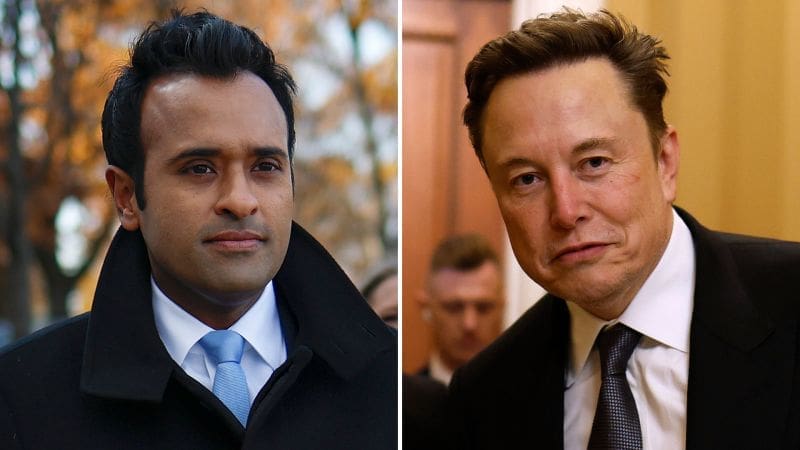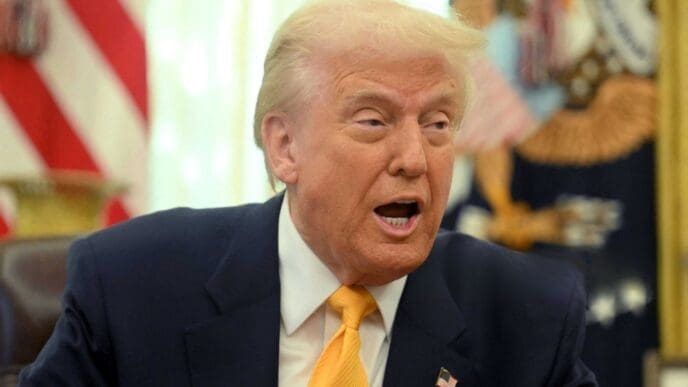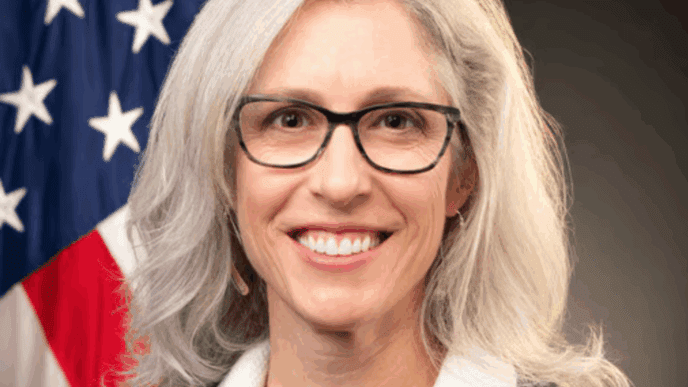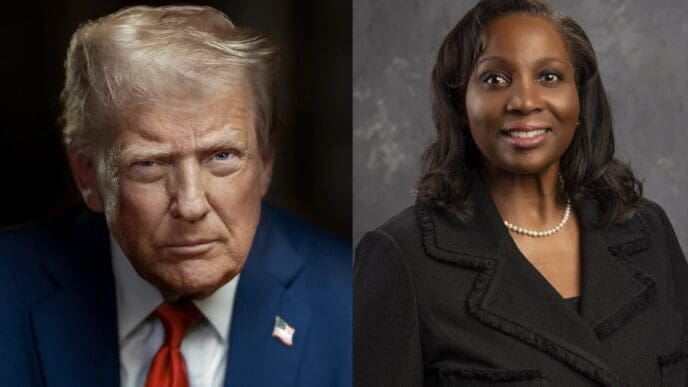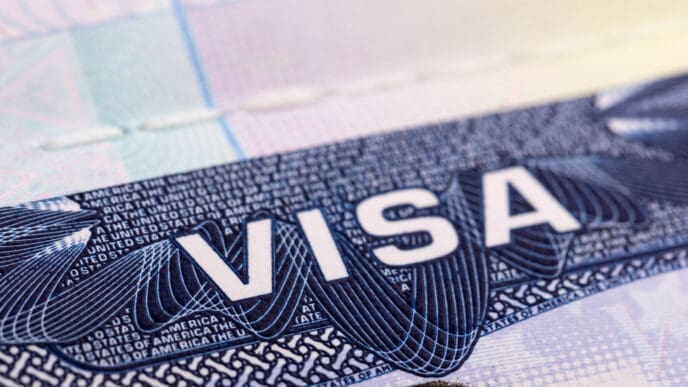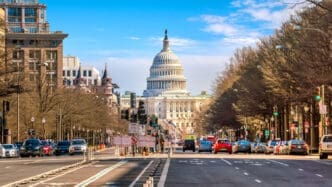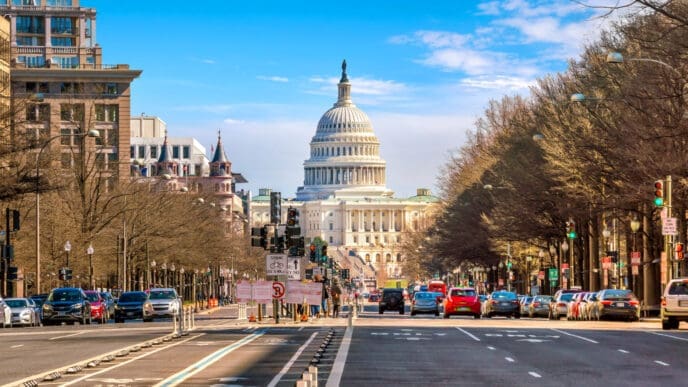In a significant shift in government policy, Elon Musk and Vivek Ramaswamy, appointed to trim federal expenses, are likely to advocate for a comprehensive reduction of funding for Diversity, Equity, and Inclusion (DEI) initiatives, according to sources closely linked to their plans.
The targeted initiatives encompass multiple governmental divisions, such as the Office of Equal Employment Opportunity, Diversity & Inclusion within the Department of Health and Human Services, and the Office of Civil Rights and Equal Opportunity Policy at the Department of Defense. A source intimately familiar with these plans for the forthcoming Department of Government Efficiency expressed that anything related to DEI would be eradicated, highlighting a unified commitment across Republican facets of the incoming administration.
Musk and Ramaswamy have openly criticized DEI, with Musk labeling it as a form of racism, while Ramaswamy has previously suggested eliminating DEI from the government. Among their proposals is the rescission of executive orders from President Biden, which expanded DEI protections to various American demographics, including pregnant individuals and military spouses.
Although the Department of Government Efficiency (DOGE) acts as an advisory body, it signals a clear focus among Republicans to cut DEI-linked spending. The anticipated cuts would impact numerous federal worker roles, contractor engagements, and services affecting nationwide communities, given the substantial federal budget allocation for DEI.
The definition and scope of DEI remain subjective across agencies, complicating efforts to pinpoint its fiscal footprint. Even without explicit DEI budgetary lines, the push to identify and possibly eliminate DEI-related costs persists. According to the Government Accountability Office, assessing DEI expenditures would necessitate a granular agency-by-agency analysis.
Key figures like Pete Hegseth, slated for Secretary of Defense, have echoed demands to remove what are viewed as excesses, explicitly critiquing woke elements within the Pentagon. Yet, the exact financial weight of DEI within federal budgets is difficult to compile due to differing departmental approaches to diversity and inclusion programs.
Conversely, supporters of DEI warn of the negative implications such eliminations could hold for groups historically marginalized. David Glasgow from the NYU School of Law emphasizes the importance of ensuring equal opportunities without discrimination. Within Congress, figures like Marjorie Taylor Greene and James Comer anticipate reducing DEI offices, though they acknowledge the guiding principle of DEI remains conceptually sound.
As the proposal faces scrutiny, civil rights groups, including the American Civil Liberties Union, prepare to challenge potential reductions legally. The ACLU has indicated plans to draft a legal strategy pinpointing any civil rights violations should DEI programs be dismantled.
The legislative landscape is also poised for conflict, with drafts like the ‘Dismantle DEI Act’ introduced by Republicans aiming to revoke current DEI protections and executive orders. Critics argue this move could disadvantage disabled and underrepresented groups, with advocacy groups planning to counter these legislative efforts.
Furthermore, advocates highlight DEI’s role in upholding legal standards and civil rights. A prevailing view is that DEI facilitates compliance with existing laws, and removing it could lead to significant legal confrontations.
The upcoming policy changes proposed by Musk and Ramaswamy pose substantial implications for DEI initiatives within the federal government, potentially triggering extensive legal and legislative battles. The evolving situation underscores the tension between fiscal efficiency and the commitment to diversity and inclusion, with wide-ranging impacts anticipated across governmental and civil sectors.

